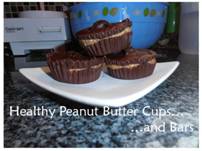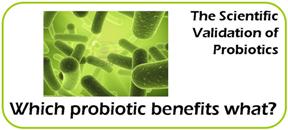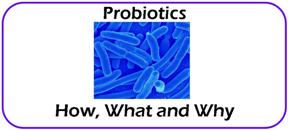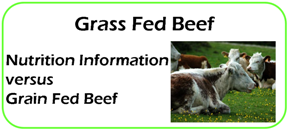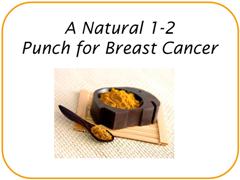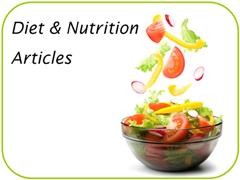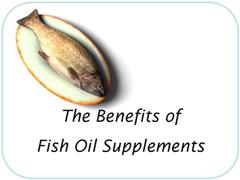|
Q: How can I lose weight? A: It's not what you eat at a meal, it's what you eat BEFORE it!In a study published in the February 2011 issue of Nutrition & Metabolism, Heidi Silver and colleagues studied the question: How can I lose weight... before the meal even starts? Specifically, they looked at the effects of "preloading," on weight loss. Preloading refers to consuming food or beverage at least 20 minutes prior to a meal in order to change a person's perception of appetite, and fullness. The idea in weight loss would be to reduce calories consumed at a meal by drinking or eating something beforehand. I like this study not for its basic findings, but for the hidden gems of information. Keep reading... In this study, overweight subjects went on a calorie-restricted diet for a couple weeks, and then remained on the calorie-restricted diet for another few months while taking a preload before breakfast, lunch and dinner. Some people drank a glass of water as their preload. Others drank a glass of grapefruit juice, and a third group ate grapefruit as a preload. The Basic Conclusions In all cases, with and without preload, and regardless of the preload, subjects lost weight. Are we surprised? Not really. They had a calorie-restricted diet, after all. Isn't that how the story always goes? "How can I lose weight?" "Eat less." And all of the groups lost approximately the same amount of weight. The authors argue that subjects had a more rapid rate of weight loss when they practiced both preloading and calorie restriction. But to be honest, I'm just not thrilled about that conclusion. First, their sample sizes were just at, or just below the size required for good statistical analysis. Second, losing approximately 1kg in two weeks is very similar to losing around 6kg in 12 weeks, right? It's the deviation over the longer time period that I think contributed to the statistical significance. So, without seeing the raw (not analyzed) data, I would suspect that a preload probably helped some people more than others. Hidden Gem #1 Here's the twist that I find really much more exciting: Those who used a grapefruit or grapefruit juice preload had the added benefit of improved cholesterol profiles through increased HDL levels, and total cholesterol:HDL-C ratio. Learn more about cholesterol and lipid profiles: Good Cholesterol Levels and All About Cholesterol. Specifically, those who used a grapefruit preload saw an average 6.2% increase in HDL, while those who used grapefruit juice as a preload saw a 8.2% increase! In stark contrast, those who used water as a preload, saw a 3.7% decrease in "good" HDL cholesterol. Previous studies assert that raising HDL by 1mg/dL equates to a 2-3% reduction in risk for cardiovascular disease. So, if you're up for drinking or eating grapefruit before every meal for a few months, you too, may improve your HDL cholesterol levels. It would be interesting to see a dose-response for grapefruit and cholesterol benefits. As in, what "dose" of grapefruit is needed to get a particular "response" in the lipid profile? Talk about food as medicine! Learn more: How to Lower Cholesterol Naturally Hidden Gem #2 A glass of water 20 minutes before mealtime was just as likely to reduce calorie consumption at mealtime as grapefruit or grapefruit juice. And those who drank water showed a trend toward more weight loss compared to the grapefruit groups, although it was not statistically significant. Could this experiment be a demonstration of a dehydrated population? Grapefruit and grapefruit juice are predominately water. Could it be that hunger signals and whether an appetite is satisfied are actually a "biological misreading" of thirst? In the end, this study does offer plenty of answers to "how can I lose weight naturally?" Like all goals in life, this system involves a good amount of self-discipline... especially if you decide to eat grapefruit before every meal. Return to Current Science News from How can I lose weight? Go to the Science of Natural Health Homepage from How can I lose weight? |





